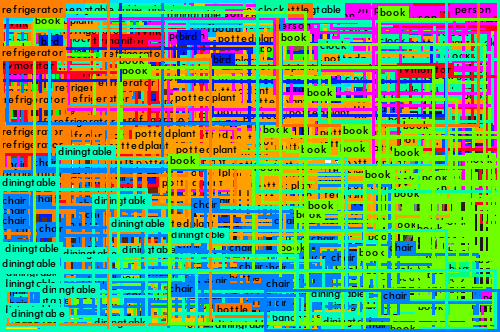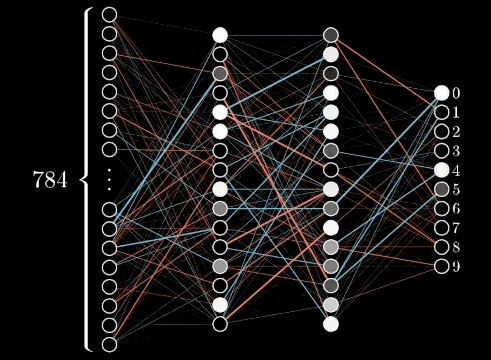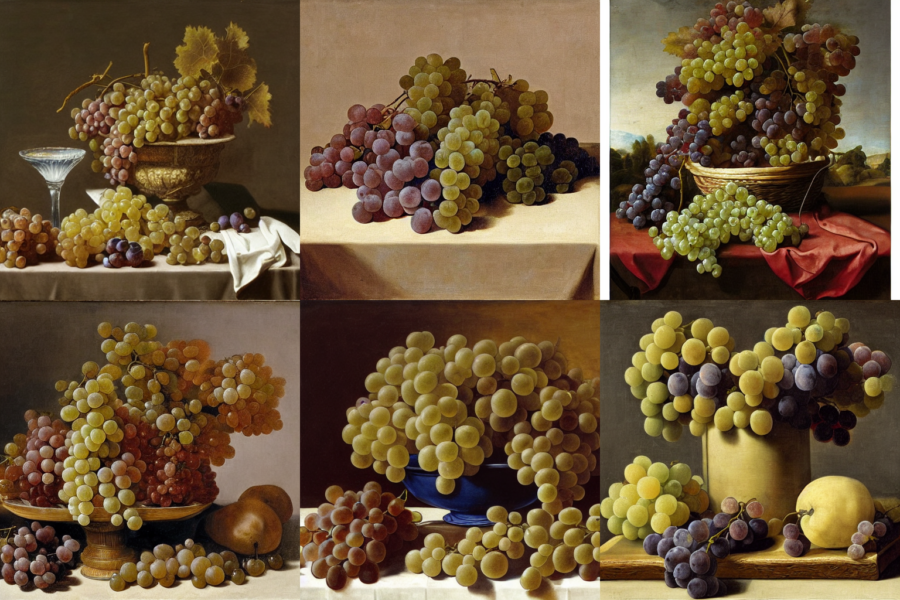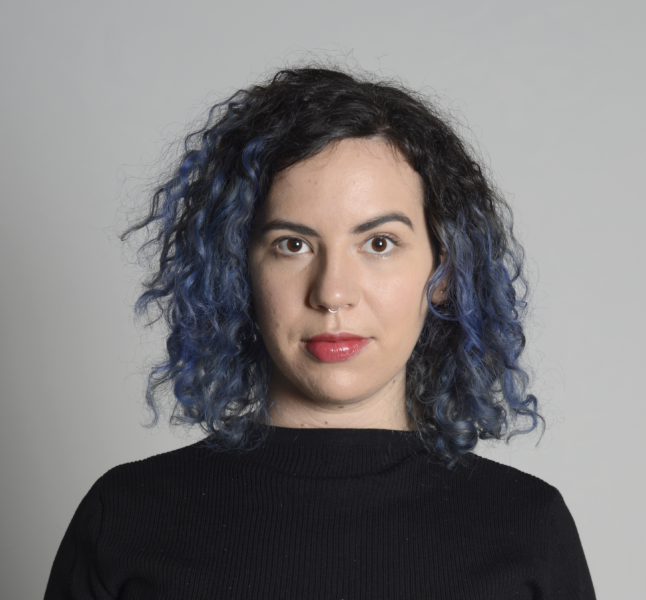+FO Artificial Intelligence – Creative Practices and Critical Perspectives 2022

+FO Artificial Intelligence – Creative Practices and Critical Perspectives
1st Workshop: Nicolas Malevé
September 5 + 6
9:15 ~ 17:00
Physically @ MediaDock

In Nicolas Malevé’s workshop we will examine large collections of photographs. We will focus on where such image collections come from, how they are assembled, how they enable machines to see and how they can become research objects or material for machine processing. We will explore in self-experiments what it means to look at huge amounts of images and to see them at high speed. We will deepen our understanding of the importance of images in today’s media world and what special role photographs play in the development of machine vision. We will learn what kind of vision and what speed of seeing correspond to the model generated by algorithms. On this basis, we will be able to ask new questions about the development of technology and how it can become a key component of our visual practices as artists and citizens.
2nd Workshop: Guillaume Massol
September 7 + 8
9:15 ~ 12:00
Physically@MediaDock

In the second workshop we will familiarise ourselves with how machine learning works in practice. After a short introduction, you will have the opportunity to try out different ML models and their different applications with an AI toolkit. Once you are familiar with the tools, you will start to work out your own individual machine learning experiments.
External Links:
3rd Workshop: Fabian Offert
15:00 ~ 18:00.
Online

In this workshop, we will attempt a deep-dive into the current state of (visual) artificial intelligence. Working only in the browser we will pick up the programming basics required to run arbitrary machine learning models, including CLIP (a multimodal model that allows us to classify images by content) and Stable Diffusion (a multimodal model that allows us to generate arbitrary images from text prompts). We will explore some of the creative and analytical applications of both models and discuss their biases and limitations. Participants are encouraged to «bring their own data», i.e. think in advance about a dataset of images they would like to work on.
External Links:
Talk: Caroline Sinders
17:30 ~ 18:45.
Online

Can artwork be useful, can it be productive, and can it be a work of activism? Sinders’ artistic output can take the shape of a white paper, a civil society action, a design to solve a solution, a social justice workshop, an article, or an artwork artifact. However, she considers all of these outputs to be a form of artistic practice and research practice. For the past few years, Sinders has been looking at the impacts of artificial intelligence in society. Some of this work has taken the shape of lectures and workshops on data, surveillance, and AI, numerous articles on the harms of AI, the Feminist Data Set arts research project, and a new project recognizing human labor behind artificial intelligence systems. Her current project named TRK or Technically Responsible Knowledge is an open source project that examines wage inequality and creates open source alternatives to data labeling and training in AI. TRK is an alternative, open source tool for dataset training and labeling, a time consuming but integral aspect of machine learning that must be completed in part by a human. The tool offers a wage calculator that helps visualize a livable wage to those that will then be responsible for completing the tasks. TRK is a part of the Feminist Data Set Project, using intersectional feminism as a framework to investigate each part of the machine-learning pipeline for bias, inequity, and harm.
External Links:
Selfstudy & Mentorships
13 + 14 September
Mentorships are available both days in the afternoon.
Project Presentation
September 16
9:15 ~12:00